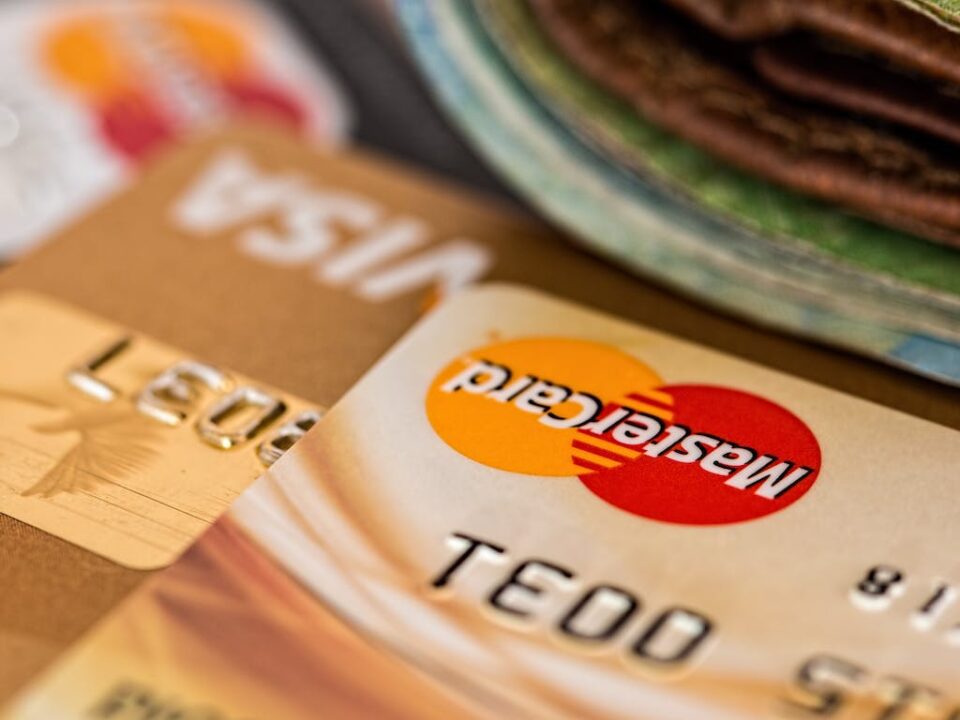Credit cards have become an integral part of modern financial management. They offer convenience, rewards, and opportunities to build credit. However, with many options available, it’s important to balance the benefits and potential pitfalls of having multiple credit cards. So, how many credit cards should you have? Let’s explore the factors that can help you find your credit card sweet spot.
Assess Your Financial Goals
Before delving into the world of multiple credit cards, take a moment to consider your financial goals. Are you aiming to build credit, earn rewards, consolidate debt, or have a backup payment option? A clear understanding of your objectives will help you choose the number of cards that align with your needs.
Evaluate Your Spending Habits
Understanding your spending habits is crucial when determining the number of credit cards. Managing multiple cards might be feasible if you’re a disciplined spender who pays off your balances in full each month. On the other hand, if you overspend or struggle to keep track of due dates, fewer cards might be more manageable.
Consider Your Credit Score
Opening multiple credit cards can impact your credit score, both positively and negatively. On one hand, having a mix of credit types can positively influence your score. However, opening too many cards in a short span can lead to a lower average account age, potentially affecting your credit history. Start with a few cards and manage them responsibly to improve your credit.
Keep Track of Annual Fees
Many credit cards come with annual fees, which can add up quickly if you have multiple cards. Before obtaining additional cards, calculate whether the rewards and benefits outweigh the costs. Sometimes, it’s better to have one or two cards with benefits that align with your spending patterns rather than several with overlapping perks.
Diversify Your Rewards
One advantage of having multiple credit cards is diversifying your rewards. Different cards offer varying reward structures, such as cashback, travel points, or specific merchant discounts. You can maximize your reward potential if you’re strategic about which cards you use for specific purchases.
Managing Credit Utilization
Credit utilization, or the ratio of your credit card balances to your credit limits, plays a role in your credit score. Spreading your spending across multiple cards can help keep your credit utilization in check, provided you don’t run up high balances on any one card.
Avoiding Temptation
Credit cards can sometimes lead to more spending. Having a multitude of available credit might encourage impulse purchases or overspending. Be honest about your self-control and whether additional cards might tempt you to spend beyond your means.

